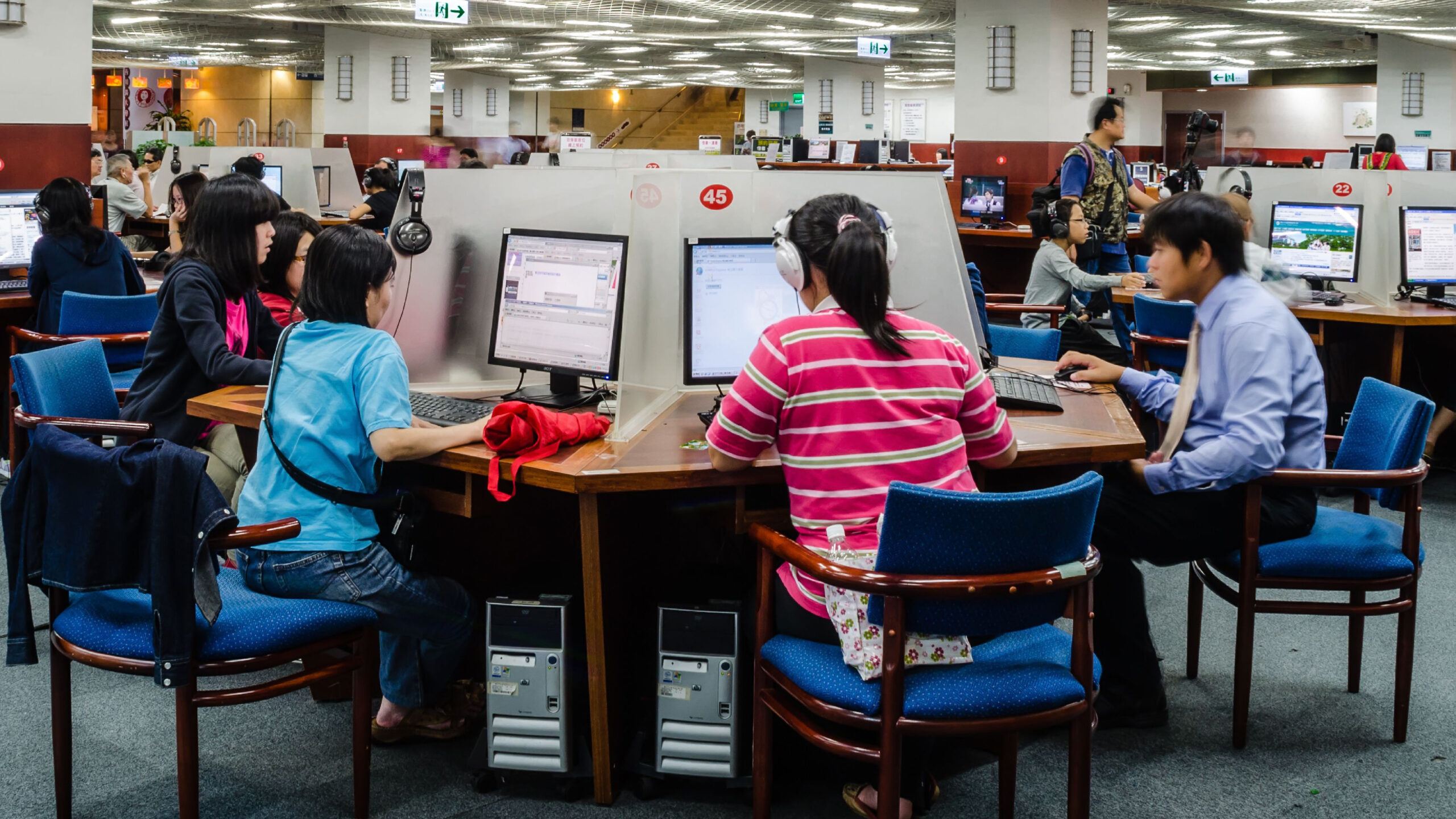Unbundling elections: How the Internet revolutionized British democracy
The British election is over: David Cameron is busy picking his cabinet for the first conservative majority government since 1992. While some are popping champagne, others are joining rival political parties and calling for change to Britain’s antiquated electoral system. Known as “First Past The Post” (FPTP) this winner-takes-all system means the 650 seats aren’t distributed on the basis of proportional representation, but that each one is decided independently. In a typical town, a winning candidate might receive around a third of the votes cast — meaning everyone who didn’t vote for him or her doesn’t have their wish reflected in the country’s government. People aren’t happy. And how do we know so much about their level, and flavour of political engagement? Because there was a revolution this election.
It wasn’t the revolution Russell Brand asked for: after the tight-trousered Get Him to the Greek star urged people not to vote, turnout rose slightly, to 66.1% from 65.1% last time round. It wasn’t Nigel Farage’s “purple revolution” either: the UK Independence party (UKIP) leader failed to win a seat in parliament. Instead, we saw a disruptive revolution which gave smaller political parties of every stripe unprecedented access to voters in the run-up to the election — and could well change things for good.
In this election, a greater proportion of the vote went to minor parties than ever before, marking a shift in the way British politics works — as this nifty selection of charts from the FT shows. Those smaller parties made full use of the power of the internet. “Campaigning online meant we could campaign,” said Kate Bisson, who stood for the Green Party in the Northern English city of Leeds. “You don’t have to have an office, or a budget, you just need a laptop.”
Ms. Bisson and her colleagues made polished campaign videos, virtual leaflets, and distributed the lot online. They also used the internet to help with one essential aspect of getting elected: in the UK, candidates must pay a deposit of £500 to stand in a general election — a cost which the Green Party in the region covered entirely by crowdfunding.
At the other end of the political spectrum, UKIP crowdfunded deposits as well: Mr. Farage credited social media with a shift in the Euroskeptic party’s support base, saying that UKIP, the party “apparently for the retired old colonels”, suddenly gained traction with under-30s by going online.
Once you’ve funded your campaign through Indiegogo, Kickstarter or GoFundMe, then you can use Twitter, Facebook and YouTube to sell your message to voters 24/7. The big social media sites took things to the next level in this election; because of the quirks of the British electoral system, some seats are more likely to change hands than others. They could therefore offer parties ultra-targeted ads to reach voters in the most marginal constituencies.
Another strength of the web — that it can be used to quantify anything and everything — applied to the election as well. Thesocialelection.com “mashed up” data from Klout and other sources to see which candidates, parties and journalists engaged most with the electorate. Millicent Scott, the candidate for the Liberal Democrats in Hammersmith, won the battle online there, although the seat was a safe Labour one.
She started her campaign with a YouTube clip in British Sign Language. Young people start online with the platform, it highlighted her message of inclusivity — and it would only have been possible with an online video platform. That’s another change wrought by the internet: more, diverse people can be involved in politics.
Twitter is also a two-way conversation. One voter simply sent a Tweet to all the prospective candidates in Hammersmith, where Ms. Scott was standing, saying “Why should I vote for you?” She sent him a link to a blog she’d written. “You can tweet back quickly and easily, sending links to something you’ve done, or party policy,” she added.
At the other end of the spectrum, politics can get very silly online. In the final moments of the campaign, #Milifandom happened. An outpouring of teenage fan-crush for the Labour party leader of the intensity usually reserved for Benedict Cumberbatch or Draco Malfoy swept all before it online. Some smugly pointed out most fandomers were too young to vote. Guess what? They won’t be in five years.
Then there was Ballot Monkeys — a razor-sharp Channel 4 satire set on the campaign buses of the various parties based on the day’s events. Written and filmed at the same pace as the internet-fuelled news cycle, it even had, in Conor, a character who spent his time creating increasingly libellous memes in an attempt to go viral.
Isn’t this exciting? A revolutionized political landscape with everything from increased participation for smaller parties to viral pictures of a photoshopped #Edstone? There’s just one problem: the actual election, which remains stubbornly old-school. The polling booth consists of a pencil on a string and a bit of paper, in a system which hasn’t changed much since 1872. Compare that to, for example, Estonia, where legally binding online remote voting has been a thing for ten years.
“When it comes to voting I cannot even remember the last time I went to a polling station,” said Estonian journalist Liis Kängsepp. “I’ve cast my vote from Buenos Aires, Rio de Janeiro and Brussels.” In Estonia everybody has an electronic ID card which is combined with a card reader and laptop, or your phone. Here’s a cute video of the Prime Minister explaining it in English. Voting online also means young people take part, unlike in the UK where, at some moments in the last election, it looked like an auction for who could offer the over-sixties the most shiny things.
While the champagne corks were being swept up, my phone buzzed with email after email asking me to sign this petition. Under the FPTP system, millions of votes (mine included) were wasted. The Economist put together this chart, nicely showing what the British parliament would look like under a proportional system — while smaller parties continue to expand in a wave of post-election dissatisfaction.
But the thing about online disruption is, it won’t go away. The Green Party saw its membership rise 400% this year — with a particular spike among young people, who will want to know why they can do almost everything except vote online. A million people voted Green, and they got one MP. Nearly four million people voted UKIP, and they got one MP. Access to the internet has changed the way politicians and the public interact: perhaps next it could change the UK’s actual voting system.








